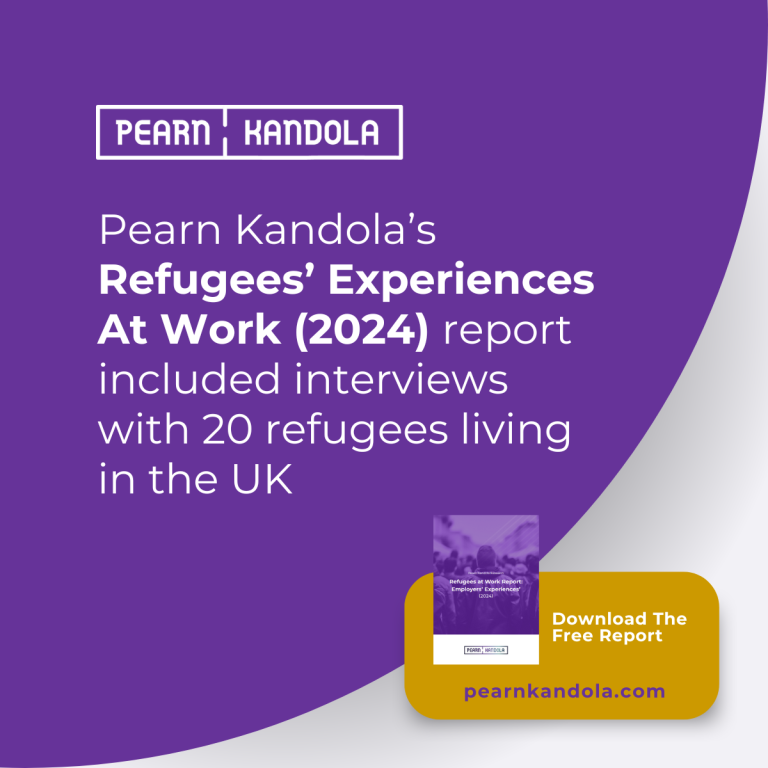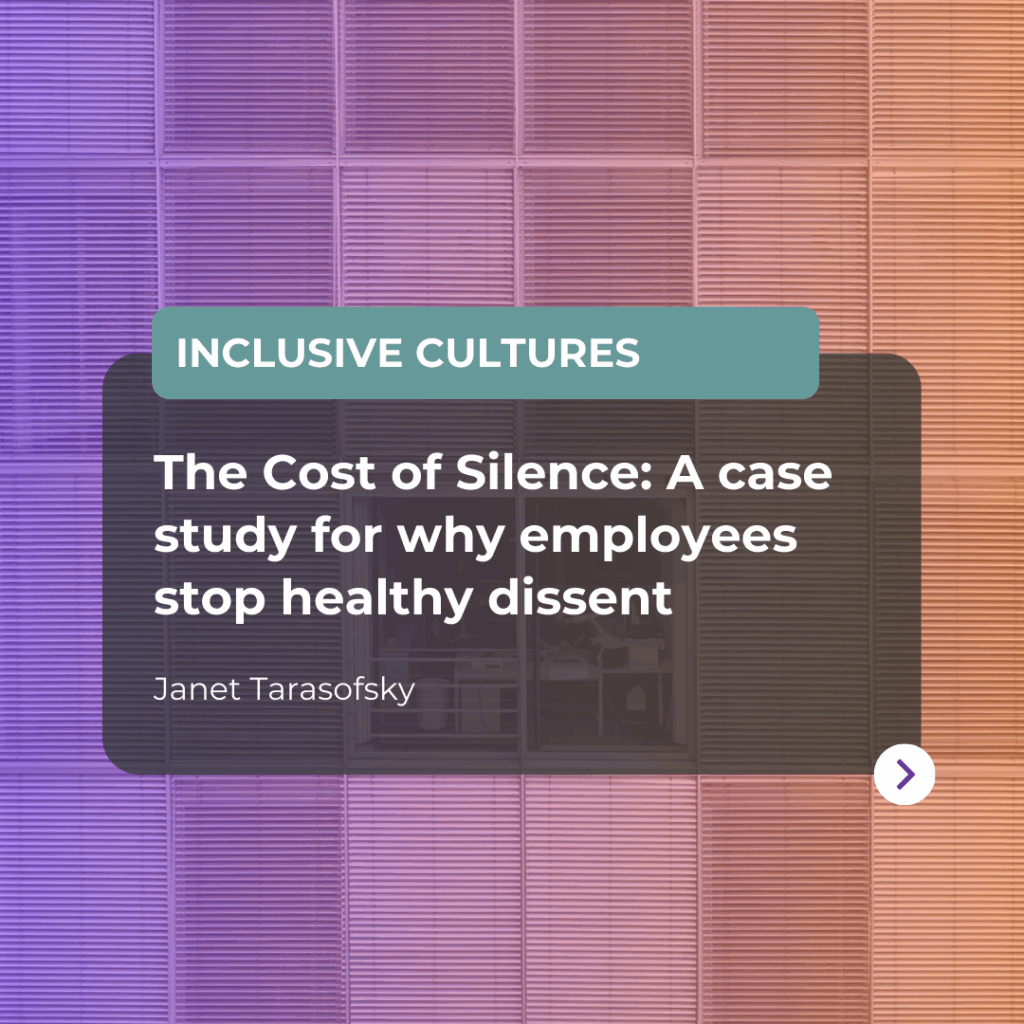We are proud to share our latest two-part research piece on refugees in the workplace, looking at both the experiences of refugees and the attitudes of employers.
The first piece of research, Refugees’ Experiences At Work (2024) focuses on the experiences and challenges faced by refugees in finding employment in the UK.
The research involved in-depth interviews with 20 refugees, aged between 21-41, who are now living in the UK. The countries they were originally from were Iran, Syria, Afghanistan, Ukraine, Sudan and Yemen.
You can download the report in full on our Research Page and view a summary below.
Refugees’ Experiences At Work (2024) Report Summary
There are currently 35 million refugees worldwide, with over 231,000 having been granted asylum in the UK. Employment is crucial for refugee integration and well-being, but research shows that refugees work fewer hours, have lower employment rates, and earn less than UK-born employees.
Many employers are unaware of the rules and regulations regarding the employment of refugees, and some may have misconceptions about their skills and experience.
Despite this, many refugees are skilled and well-educated. Our research revealed that just 50% of interviewees were unable to find a job that matched their previous work experience, and 30% remained unemployed.
Pearn Kandola’s Refugees’ Experiences At Work (2024) research aims to investigate the experiences of refugees in trying to find work, provide recommendations for creating fair processes, and establish inclusive cultures for refugees in organisations.
Refugees’ Experiences At Work (2024) Report Sample
We interviewed 20 refugees now living in the UK who were originally from Iran, Syria, Afghanistan, Ukraine, Sudan and Yemen.
Before coming to the UK, 16 were employed, 3 were in full-time education and 1 was unemployed.
Some of the key findings from the research were:
- 50% of these interviewees were unable to find a role that matched their previous work experience.
- 30% were still unemployed after moving to the UK.
- Employers are unsure about the legality of hiring refugees.
- There was a difference in treatment for refugees from certain groups.
Overall, the findings suggested that there are significant barriers in place making it more difficult for a refugee to find work in the UK, which has several implications.
To find out more about what these implications are, and the recommendations from our psychologists on what organisations can do to support refugees in the workplace, you can download the report for free on our research page.
You can also view a summary of the second part of the research ‘Refugees At Work: Employers’ Experiences’, where we surveyed over 500 senior managers, here.
For more tailored support on creating a more inclusive workplace, please email us at info@pearnkandola.com






